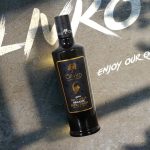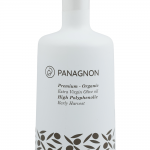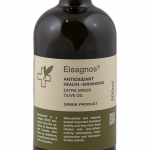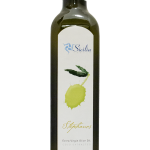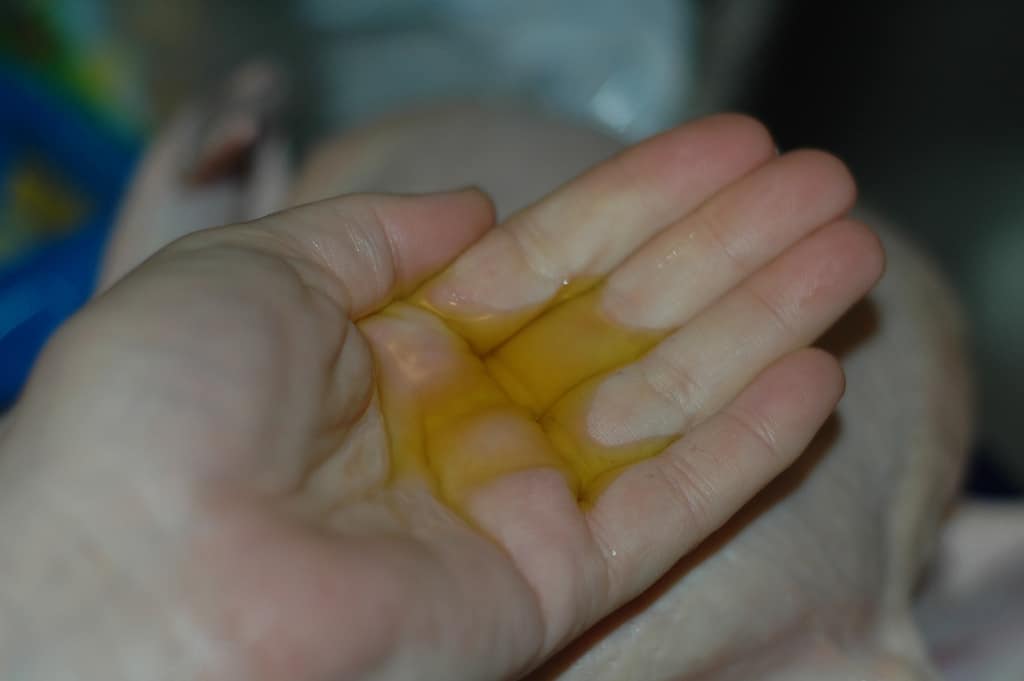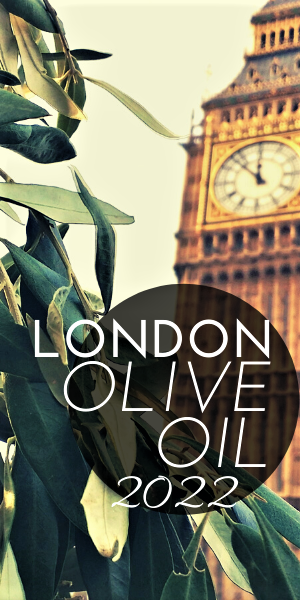Due to the popularity of the Mediterranean diet, olive oil sales have boomed over the last decade. But just when you thought you were making the healthy choice by pouring extra virgin Italian olive oil on your salad, we discover your oil may be counterfeit.
Extra virgin olive oil is made under strict conditions. The olives are crushed in a mechanical press soon after they are picked. The process involves no chemicals, heat or industrial refining. Levels of oxidation and “free acidity” (a measure of decomposition) are supposed to be checked. Virgin olive oil is cheaper, processed faster and generally more acidic.
What’s In Your Olive Oil?
For years Spain, Greece, Syria, Turkey, Morocco and Tunisia have sent their olive oil to Italy to be bottled with an Italian label. However, that isn’t the worst of it. Independent researchers, including a study that came out of the University of California and the Australian Oils Research Laboratory concluded that as much as 69% of imported European olive oil labeled “extra virgin” are fraudulent.
Many of the extra virgin olive oils tested were found to contain inedible ingredients and even industrial solvents. They were often diluted with cheap (and often rancid) plant oils, and chemically coloured, flavoured and deodorised.
The Guardian writes, “In Britain, says Judy Ridgeway, one of the UK’s leading olive oil experts, the Food Standards Agency has not done any checks on olive oil in five or six years. “And it only does chemical tests, not taste tests,” she adds.”
Deceiving Labels
The ‘agro mafia’ are controlling most of the olive oil production and marketing in Italy. According to Forbes – “The labels bearing the coveted “Protected Designation of Origin” or PDO stamp indicating the precise geographical origin of a particular extra virgin olive oil to ensure the quality of that region’s agricultural products, and which are subjected to more strict controls, have not escaped the illegal trend. Even in Italian supermarkets, the rate of fake olive oil on the shelves is estimated at 50%.”
According to the Guardian, “Last month, the Olive Oil Times reported that two Spanish businessmen had been sentenced to two years in prison in Cordoba for selling hundreds of thousands of litres of supposedly extra virgin olive oil that was, in fact, a mixture of 70-80% sunflower oil and 20-30% olive.”
So Much For Top Brands
The one thing we all thought we could rely on in this industry was the top Italian brands. Alas many of them are not as pure as they made themselves out to be.
The UK Telegraph divulges that, “Seven of Italy’s best-known olive oil companies are being investigated for allegedly conning consumers by passing off inferior quality virgin olive oil as extra-virgin. The alleged fraud was first discovered by an Italian consumer magazine in May and then investigated by the authorities.” Shockingly Bertoli, Santa Sabina, Primadonna, Sasso and Carapelli, were among the names found to be selling tainted oil as extra virgin.
Choosing Your Olive Oil
Something I discovered while olive oil tasting is the top quality oils smell like freshly cut grass. But how do we find these brands short of going to the farms and watching your bottle being made? It’s time to ignore the made in Italy label and buy local!
In many countries there are companies that have made a point to gather the best quality, award winning real artisan olive oils and make them readily available for you. In the United States a great example is The Fresh-Pressed Olive Oil Club. They are independently lab certified 100% pure extra virgin. They have sourced the highest quality olive oils from around the country and they deliver them to your door immediately after harvest.
In South Africa the key is to buy local. We are fortunate enough to have high standards when it comes to Olive Oil. We only produce extra virgin olive oil, which can be found in local supermarkets. But the best quality of all is the certified organic oils such as Foxenburg Organic Extra Virgin Olive Oil. In the heart of Wellington, Foxenburg handpick their olives and cold press them the same day.
